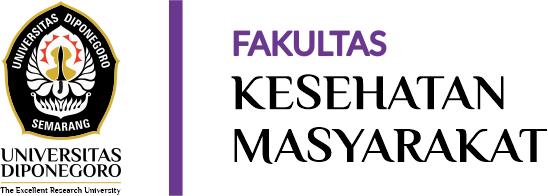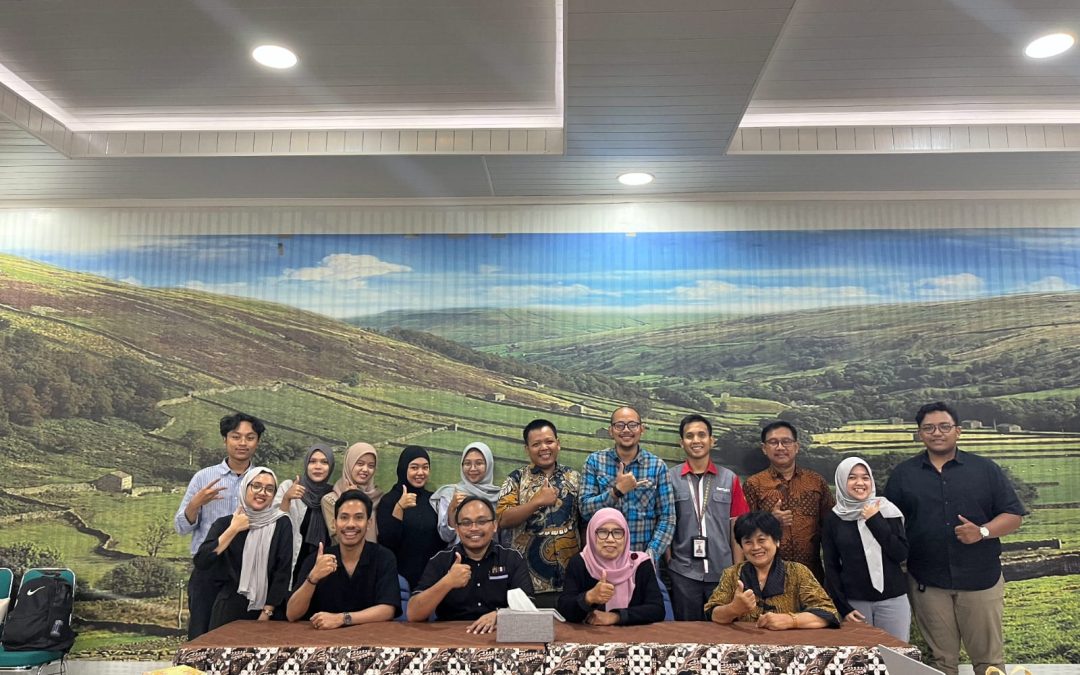The Faculty of Public Health at Universitas Diponegoro (UNDIP) recently hosted a Visiting Professor program from August 25 to September 1, 2024. This program featured Associate Professor Dr. Abdul Hafiz Ab Majid from Universiti Sains Malaysia (USM), an expert in urban pest management. The theme of the program, “Strengthening Research and Academic Skills in Household & Urban Entomology,” reflects UNDIP’s commitment to deepening knowledge and skills in this critical area of modern public health challenges.

Over the eight days, the program included several key activities designed to achieve its strategic goals. The program commenced with a Bed Bug Survey at Pondok Pesantren Magelang, aimed at identifying and assessing bed bug infestations in the area. Dr. Abdul Hafiz also delivered a series of guest lectures on topics such as “Urban Pests, Management, and Control Strategies,” and “Scientific Article Writing Assistance in the Field of Entomology,” which provided valuable guidance for entomology students on writing scientific papers.

Subsequent guest lectures covered specific topics including “Bed Bug Morphology, Biology, Behavior, Ecology, and Control Management” and “Cockroach Morphology, Biology, Behavior, Ecology, and Control Management,” offering in-depth insights into the morphology, biology, behavior, ecology, and control management of bed bugs and cockroaches. Additionally, intensive workshops were held on bed bugs, including laboratory practice sessions for “Cockroach Identification, Rearing, and Molecular” and “Technical Survey, Inspection, and Monitoring of Urban Entomology in High-Risk Areas.” These workshops provided participants with hands-on experience in pest identification, maintenance, and monitoring techniques.One of the significant activities was the collection of bed bug samples in Jepara Regency, which supported further research and in-depth analysis.

The results of the Visiting Professor program include several significant achievements. First, the program successfully strengthened the capacity of the FKM Entomology laboratory through the enrichment of household insect colonies from Central Java, including bed bugs, cockroaches, and termites, and improved laboratory management. Additionally, the program led to enhanced skills in research, surveying, and writing research results or journals meeting international standards. The program also achieved successful international collaboration between the FKM Entomology laboratory at UNDIP and the Household & Structural Urban Entomology Laboratory, Vector Control Research Unit, School of Biological Sciences, Universiti Sains Malaysia (USM).
This Visiting Professor program is part of UNDIP’s strategic efforts to achieve several important goals. These include increasing the number of foreign lecturers on campus, enhancing the quality and quantity of collaborative research, and improving the university’s academic reputation in terms of citations per faculty and scholarly publications. Additionally, the program aims to improve the Key Performance Indicators (IKU) for PTNBH in terms of international cooperation and accreditation, as well as expand international networking in public health and entomology.
By executing this program, UNDIP demonstrates its commitment not only to enriching local academic and research experiences but also to strengthening its position as a leading institution on the global stage. The program underscores UNDIP’s dedication to innovation and global collaboration in enhancing the quality of education and research.

